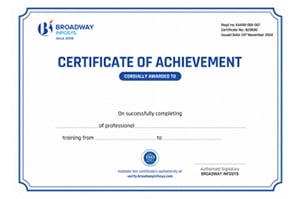
We also offer the best Ruby on Rails training in Nepal as it is one of the most popular web-application frameworks that includes each and everything essential to create database-backed web applications according to the Model-View-Controller. It even helps to design paradigm, providing structure for database programming, web services and web page layout which is essential in creating a web application.
Ruby on rails training in Nepal enables a programmer to develop an application ten times faster than the java framework. Some of the famous applications like Basecamp, Guthub, Shopify, Twitch, Airbnb, Soundcloud, Hulu, etc. were built under ruby on rails so after Ruby on rails training in Nepal one can be capable to build web-application similar to those above.
In simple terms, being the skill that is most essential for web application developers and highly beneficial for programmers to create applications faster than other frameworks is one of the main reasons Ruby on Rails training courses are gaining popularity day by day in the programming industry. To create web applications in a shorter period, a high level of programming knowledge is required, which this training provides. So here are some reasons why you should take Ruby on Rails training:
Broadway offers the best Ruby on Rails training in Nepal, enabling individuals to excel in developing web applications and utilizing the framework, which assists in developing applications ten times faster than other Java frameworks. Therefore, save yourself a seat to attend our upcoming training session on Ruby on Rails and groom your web development skills.
To all the candidates attending Ruby on Rails Training at Broadway, we provide the following benefits and value-added services:

Courses Outline:- Ruby on Rails
Week 1:
Add this credential to your LinkedIn profile, resume, or CV to stand out to recruiters.
